Dogs
10 Best Jobs for Dog Lovers
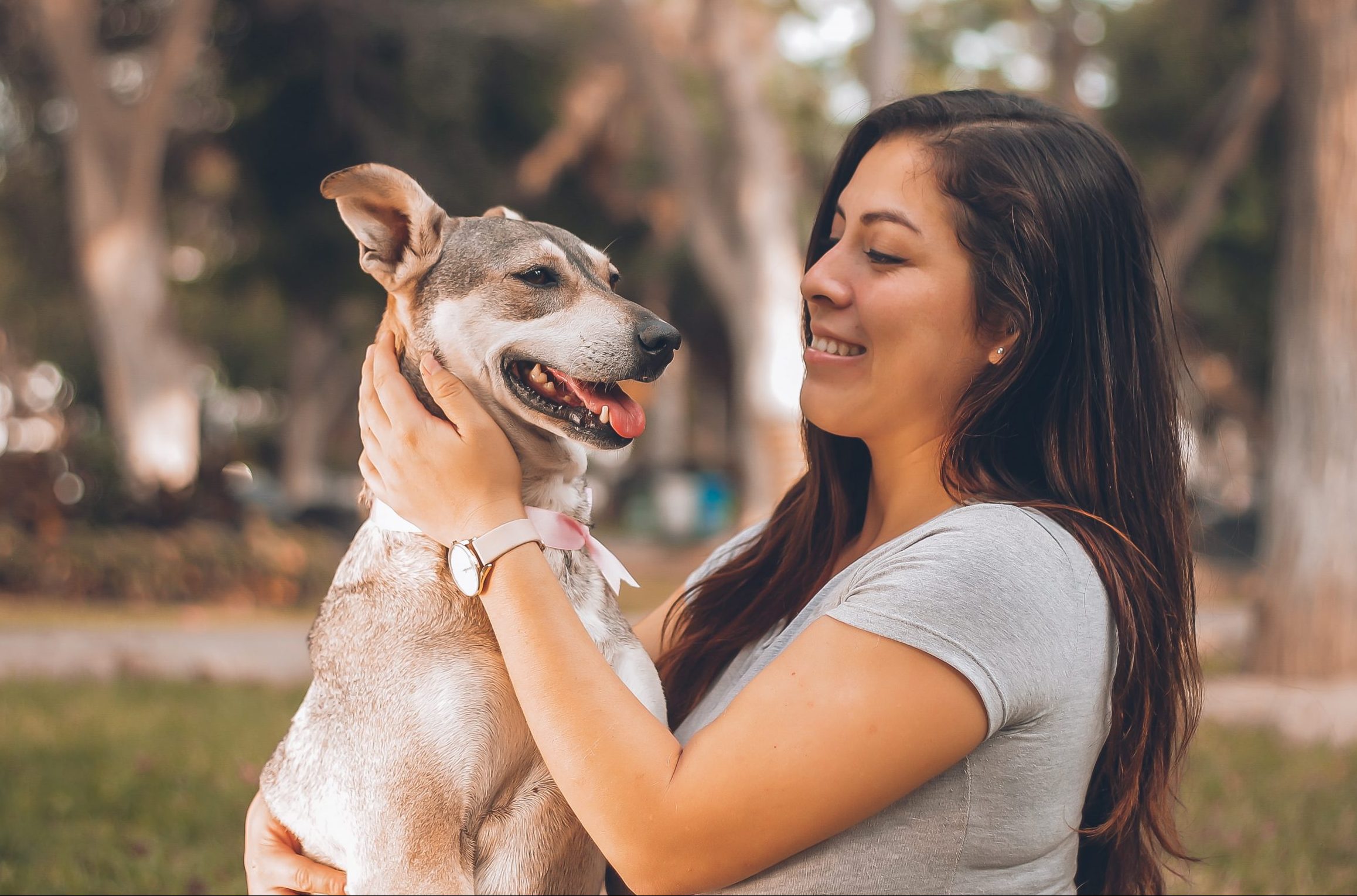
In case you didn’t know, dogs are awesome. While some people might disagree, most of us dog lovers see our pups as part of the family, and we wouldn’t have it any other way. If you love dogs just as much as we do, but maybe need to make some money, then this list of jobs that let you work with canines will be right up your alley! From working in animal shelters to training guide dogs, there are plenty of ways you can get paid to hang around dogs all day – even if they aren’t yours!
1) Service Dog Trainer
Service dog trainers work with individuals and institutions to train service dogs. These dogs are then matched with handlers who have disabilities or medical conditions such as autism, post-traumatic stress disorder, or diabetes. Service dog trainers also provide emotional support and education on the benefits of having a service animal. Training takes 18 months to two years and includes tasks such as walking on a leash, picking up dropped objects, helping with balance, and turning lights off and on. The job typically starts at $25 per hour.
2) Groomer
Groomers are professionals who take care of all aspects of a pet’s physical health and appearance. This could include bathing, brushing, clipping nails, and making sure the pet’s fur is free from matting or tangles. Groomers work in a variety of settings such as veterinary offices or grooming shops. The Bureau of Labor Statistics (BLS) predicts this occupation will grow by 13% through 2024, which is faster than average for all occupations.
3) Kennel Assistant
Do you love dogs? Have you ever wanted to work with them? Kennel assistants are responsible for taking care of the animals in a kennel. As a kennel assistant, your duties will include caring for the dogs by providing food, water, and shelter. You’ll also need to administer any necessary medications and be sure to clean up after them as well. If you love playing around with furry friends, this is a great job for you!
4) Animal Shelter Volunteer
Working at an animal shelter can be stressful and tiring, but the rewards are worth it. Not only does it give you a chance to share your love of animals with others by providing them with pets, but also by giving them advice on how to care for their new pet.
5) Dog Walker
Dog walkers are responsible for taking care of pets while their owners are at work. They typically visit the animals in their homes to feed them and play with them, but they also might need to provide medication or groom the dog. The pet owner often pays a monthly fee, which can vary depending on the type of service and where the walker is based. Dog walking jobs generally require no special skills, but it can be helpful if you have experience with animals.
6) Canine Good Citizen Evaluator
If you love dogs and enjoy working with them, you may want to consider a career as a Canine Good Citizen Evaluator. These professionals evaluate dogs in their homes to assess their behavior and temperament to determine if they would be good additions to families or not. This job is ideal for dog lovers who have the patience necessary to work with high-strung animals.
7) Obedience Instructor
Obedience Instructors teach dogs to obey commands from their owners. Dogs are often trained using positive reinforcement, like treats and praise. When a dog obeys a command, the trainer provides a reward, which encourages the dog to do the same thing again in the future. Eventually, when the dog can follow all of its owner’s commands without any hesitation or difficulty, it will be deemed obedient and ready to go home with its new family.
8) Therapy Dog Handler
Therapy dog handlers go to nursing homes, hospitals, schools, and libraries to provide comfort and friendship to people in need. They have a great time while they’re at it! They get all the love they can handle from the residents, plus their work is very rewarding. Therapy dogs are also used in pet therapy sessions with children who are victims of abuse or neglect; many don’t speak but enjoy interacting with an animal companion.
9) Veterinary Assistant
Veterinary assistants work in veterinary clinics and animal hospitals, assisting veterinarians with patient care. Veterinary assistants perform a variety of tasks such as taking X-rays, cleaning and sterilizing surgical equipment, preparing patients for operations, monitoring animals during surgery and recovery, giving medicine to animals as directed by the veterinarian, or taking blood samples from animals. Veterinary assistants also care for hospitalized pets by feeding them and playing with them.
This job requires you to be caring towards all types of animals. You will need to have good hygiene skills since this is a fast-paced position that requires you to handle many different types of medical instruments. Veterinary assistants often work on their feet all day long so you must be able to stand for long periods without getting tired easily.
10) Breeder
A breeder is one of the best jobs for dog lovers because they spend their days caring for and socializing puppies. What’s not to love about that? This job requires a love of animals, patience, and a lot of time. With these traits in place, you can start your own business as a dog breeder by adopting or buying purebred dogs from other breeders. If you have the space and the time, then this might be the perfect job for you! To get started, several things need to be considered such as whether you want show-quality pups or family-friendly pets.
Read Also :
03 Reasons Why a Dog Walking Service is the Best Choice for Your Dog
Get Your Dog’s Nose Working: Tips for Developing Your Dog’s Sense of Smell
0 Comments
Leave a Reply
Cancel reply
Dogs
Everything You Need to Know About Neutering for Pets
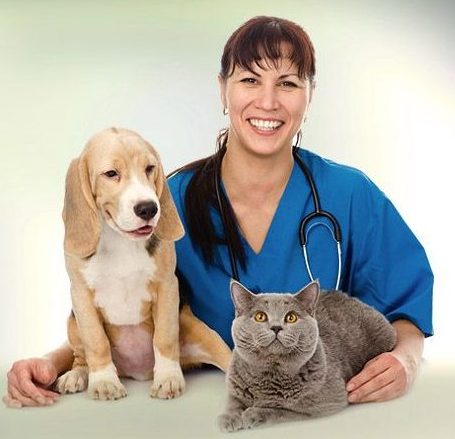
Lo
Neutering for pets is a common procedure that is important for the long-term health and well-being of your furry friend. Neutering involves surgically removing either the testes or the ovaries and uterus of an animal, usually a dog or cat. There are many benefits to neutering your pet, such as reducing their risk of cancer, controlling their behavior, and preventing unwanted litters. It is recommended that pet neutering be done at a young age, but it can be performed at any time. In this blog post, we will provide all the information you need to know about neutering for pets, including when it should be done and the potential risks involved.
Dogs
What to Do With Your Dog’s Body After Death: A Guide for Pet Owners
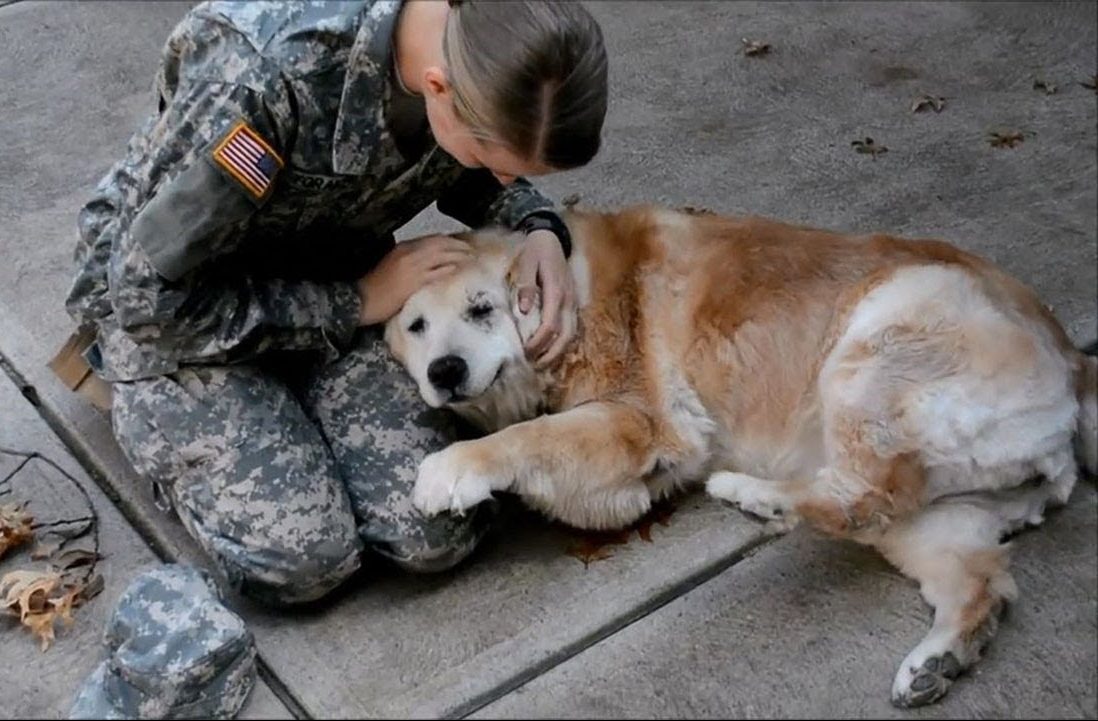
My dog died, and I’m not sure what to do with their body. It’s a heartbreaking moment for any pet owner, and the uncertainty of what to do can make it even more difficult. In this blog post, I’ll provide a comprehensive guide for pet owners on what to do with their dog’s body after death. We’ll cover everything from burial and cremation to taxidermy and memorializing your beloved pet. No matter what you decide to do, I hope this article will help you in this tough time and provide you with the resources you need to properly honor your pet’s life.
Dogs
Keep your distance: signs that you should keep away from your furry friend

When your pet displays certain symptoms, it is important to stay away to protect yourself and your pet. If you observe any of the following pet symptoms, it’s best to keep your distance until the issue has been addressed: lethargy, vomiting, diarrhea, excessive scratching or licking, shaking or trembling, sudden changes in appetite, coughing, sneezing, or discharge from the eyes or nose. Taking steps to stay away from your pet during these times will help to ensure the safety of both you and your furry friend.
Coughing and sneezing
Coughing and sneezing are common symptoms that our pets may experience from time to time. Just like us, they can catch colds or suffer from allergies, leading to these respiratory issues. While coughing and sneezing can be relatively harmless, it’s still important to take precautions to protect both you and your furry friend.
When your pet starts coughing or sneezing, keeping your distance is best. This is especially true if they have any other symptoms such as discharge from their nose or eyes, difficulty breathing, or lethargy. Coughing and sneezing can be signs of more serious underlying conditions such as respiratory infections or allergies. In some cases, they may even be contagious to humans, so it’s crucial to avoid close contact until you can consult a veterinarian.
Remember to provide a comfortable and clean environment for your pet to help alleviate their symptoms. Keep an eye out for any changes in their condition, and if their coughing or sneezing worsens or persists, make sure to seek professional help. Taking these precautions will help ensure the well-being of your pet and minimize any potential risks to yourself.
Trending

 Cats1 year ago
Cats1 year agoDon’t Feed Your Cat These 8 Foods!

 Cats11 months ago
Cats11 months agoWhy Do Cats Spray and How Can You Stop Them? Insights into Urine Spraying in Male Cats

 Cats10 months ago
Cats10 months agoThe Ins and Outs of Cat Sterilization: Removing the Female’s Ovaries

 Cats10 months ago
Cats10 months agoPre-Vaccination Prep: Getting Your Cat Ready

 Cats9 months ago
Cats9 months agoWhy Kittens are Born Dead or Deformed

 Dogs2 years ago
Dogs2 years agoSo You’re Thinking About Getting a Poodle

 Dogs10 months ago
Dogs10 months agoWhat to Do With Your Dog’s Body After Death: A Guide for Pet Owners

 Cats9 months ago
Cats9 months agoSigns of Cat Pregnancy Week by Week










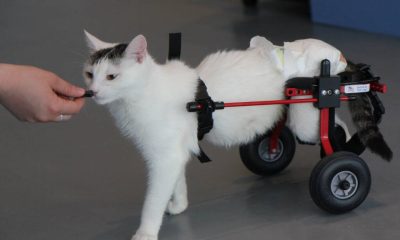



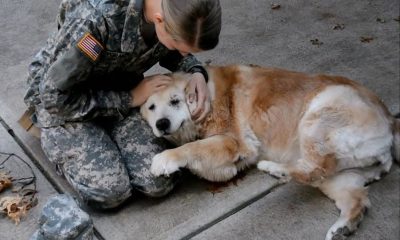



Pingback: Punishing Your Dog With A Crate Is Not The Answer